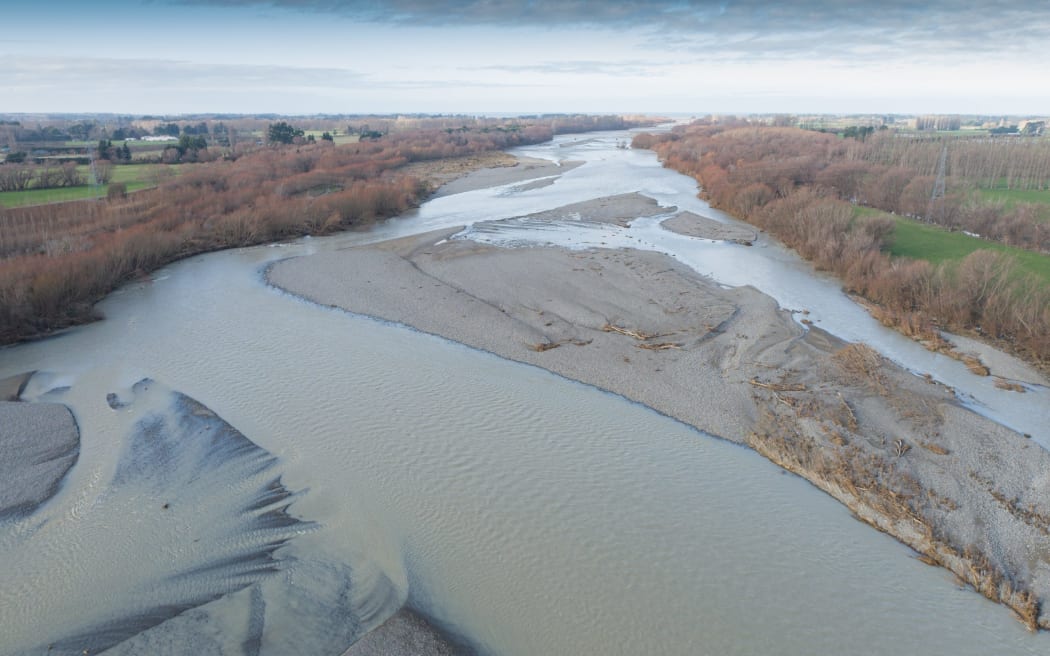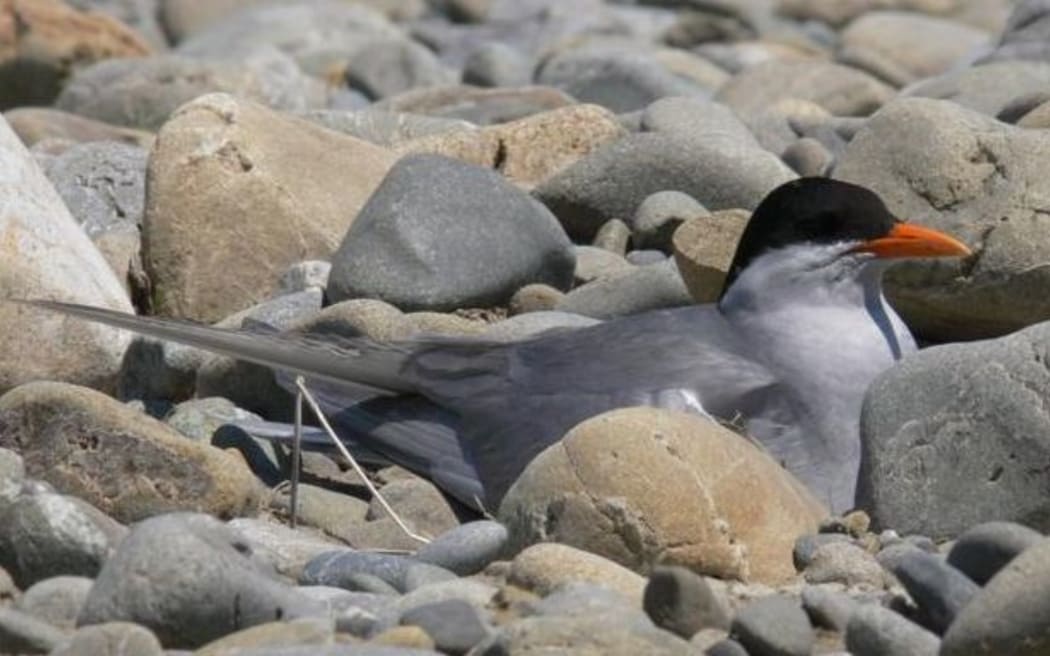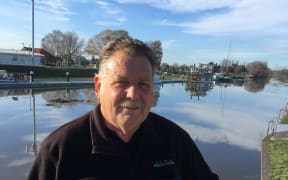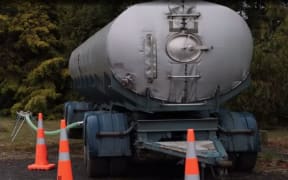By David Hill, Local Democracy reporter

Environment Canterbury says targeted spraying of weeds on the region's braided rivers, such as the Ashley Rakahuri River, allows them to perform their natural functions. Photo: Supplied / Grant Davey, Ashley Rakahuri Rivercare Group
Targeted spraying is necessary to support braided rivers and to protect waterways and roadsides from invasive species, council staff say.
Environment Canterbury (ECan) river engineer Sam Kidner and Waimakariri District Council water environment advisor Angela Burton provided updates on their respective council's spraying programmes at Monday's Waimakariri Zone Committee meeting.

Kidner said targeted spraying of weeds helped Canterbury's braided rivers to perform their natural functions, which improved flood protection.
ECan used glyphosate and herbicides to target weeds such as ivy, hops, lupins, gorse, broom and willows.
''Lupins are less of a problem than gorse and broom or willows. It is a matter of scale,'' Kidner said.
''If it is starting to push water in different directions then we need to respond.''
A build-up of willows on an island, could prevent the river from braiding and, when in flood, it could divert water to riverbanks, causing erosion.
Responding to a question from the floor, Kidner said ECan had conducted trials using bulldozers as an alternative, but found it was not cost-effective and the bulldozers were not able to access all areas.
Kidner said by clearing the ''fairways'' in rivers, council staff could then manage weeds through spot spraying to allow native species to thrive.
Birds had returned to nest in areas where ECan had successfully completed spraying programmes, he said.

The black-fronted tern on the Ashley River. Photo: Ashley Rakahuri Rivercare Group
Sometimes flooding could clean up the rivers, but it was difficult to predict when floods would occur.
ECan also sprayed river berms and stopbanks to stop weeds getting out of control.
The council was facing a constant battle, he said.
''Unfortunately not everyone does biosecurity checks on their vehicles, so we could get the rivers looking pristine, but seeds can be spread by vehicles and by other means, so it is still going to be an ongoing problem.''
Burton said Waimakariri District Council conducted spraying for roadside maintenance, planting maintenance and around waterways, drainage and water races.
But ''non-chemical methods'' were preferred, especially for drains.
Property owners could apply to have their street frontage added to the ''no spray register''.
''Landowners are actively encouraged to not use spray on the land near gutters, but unfortunately it is not something we can enforce.''
Burton included a report prepared by the Canterbury Waterway Rehabilitation Experiment (CAREX), a University of Canterbury initiative, in her presentation.
The report considered the ecological consequences of using glyphosate to control aquatic weeds in lowland waterways near Rangiora.
It found the ''species richness of invertebrates and fish are not affected by the use of glyphosate'' in the waterways, but Burton acknowledged it was not a large enough sample size.
As glyphosate spraying has been used for a number of years, any species found in the sample waterways would have some resistance, meaning the study may need to be compared with waterways without a history of spraying before drawing any conclusions.
Local Democracy Reporting is Public Interest Journalism funded through NZ On Air






